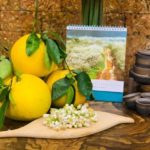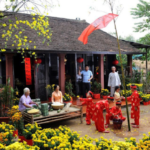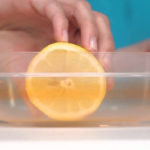During the end of the year, cleaning the ancestral altar (also known as altar dusting) is one of the important tasks that every family performs. This is not only a way to show gratitude and respect from the descendants to the ancestors and deities, but also a prayer for a smooth and prosperous new year.
That’s why when dusting the ancestral altar, you need to do it carefully and meticulously. In addition to preparing a clean and tidy cleaning set, homeowners also need to pay attention to the following types of water.
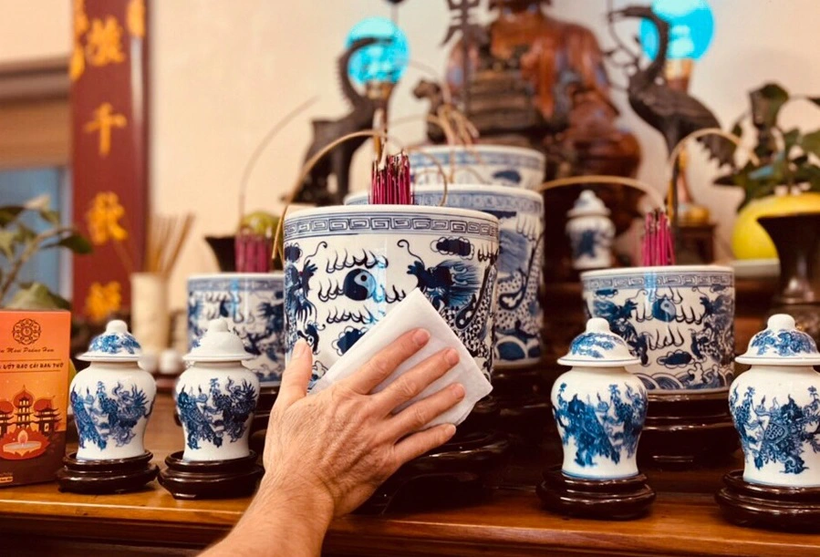
3 types of water to avoid using when dusting the ancestral altar during Tet
Stale water
Many believe that stale water is an “ideal” choice when dusting the ancestral altar during Tet. The reason for this is that stale water can help you easily clean the dust on the altar. However, according to the beliefs of the ancients, this type of water cannot help the homeowner cleanse and remove all impurities, so it does not bring solemnity and purity to the altar area.
Cleaning solutions
Typically, cleaning solutions such as laundry detergent, dishwashing liquid, floor cleaner, etc. can help you quickly clean dirt. However, they are not suitable for dusting the ancestral altar during Tet.
Because these are strong cleaning agents, they can damage or remove the original shine of the items on the altar. In addition, cleaning solutions also affect the inherent solemnity of the altar.
Ginger wine, garlic wine
Not only a familiar spice in the kitchen, garlic and ginger also have good effects in feng shui such as driving away evil spirits, bad luck… That’s why many people have the habit of placing a plate of garlic on the altar of the Wealth God with the desire to drive away bad luck and welcome good luck into the house.
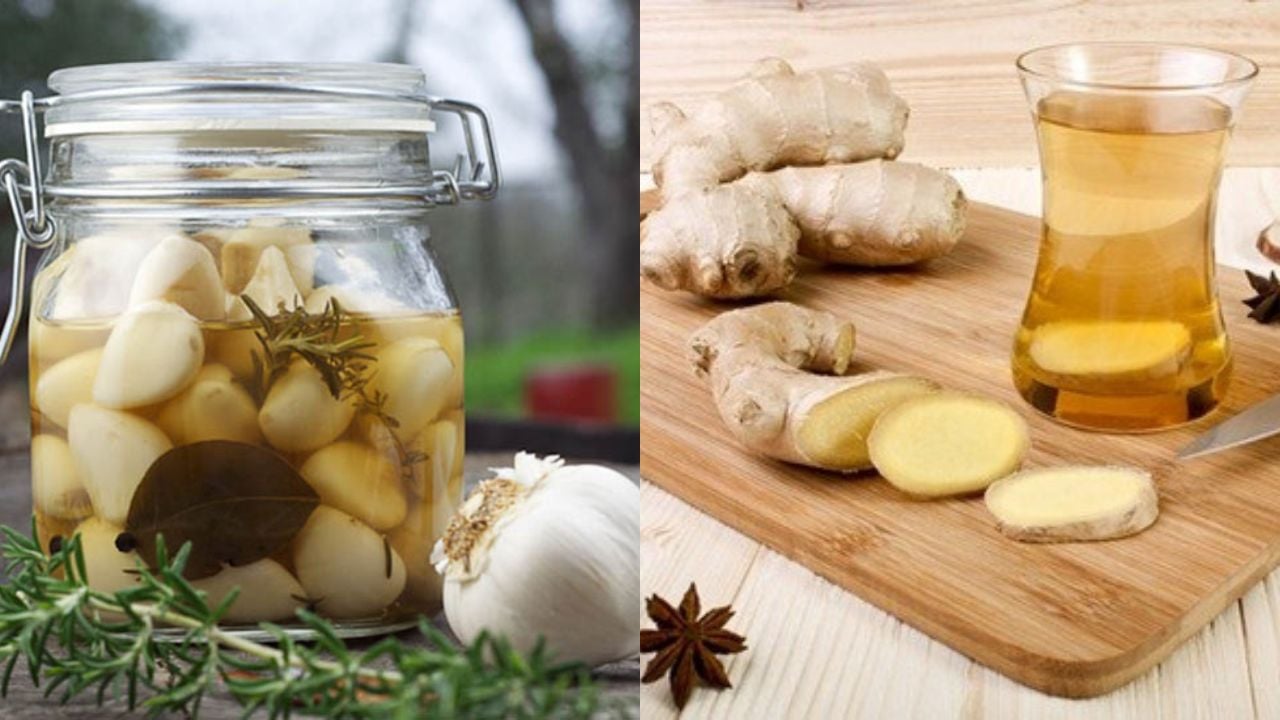
But you should not use garlic wine or ginger wine to clean the altar area because both garlic and wine have hot properties. When combined, they will affect the quality of the altar items, especially wooden objects.
3 types of water suitable for cleaning the ancestral altar during Tet
Warm water
Although cold water (stale water) is not suitable for cleaning the ancestral altar, you can boil it and let it cool slightly. Then use a clean cloth to wipe the altar. This is a simple and convenient way for busy families to easily clean the ancestral altar during Tet.
Pomelo peel water
With a gentle, fragrant scent, pomelo peel water is very suitable for dusting the ancestral altar during the end of the year. Making pomelo peel water is also very simple. You just need to wash the pomelo peel and cut it into small pieces, then boil it for about 5 to 7 minutes. Wait until the pomelo peel water cools down to about 40 to 50 degrees, then use it to clean the ancestral altar.
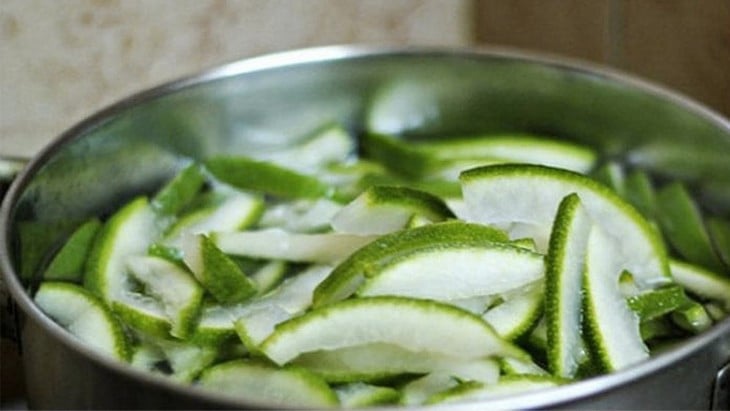
Perfume water
Information in the article is for reference only

























